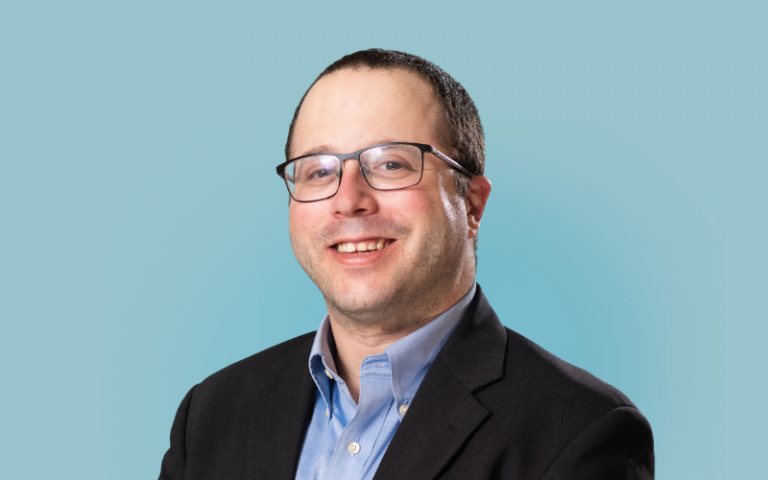Dr. Dan Honig wins ERC Starting Grant for “Relational State Capacity” (RSC) project
25 November 2022

Congratulations to Dr Dan Honig who has recently been awarded a 1.5 million Euro, 5 year ERC Starting Grant for his research project, 'Relational State Capacity' (RSC).
"My project’s called Relational State Capacity (RSC). Basically I think the way we normally conceive of state capacity – as the stuff governments can do or make or deliver to citizens – is incomplete. Myriad public services require action not just by state actors, but by citizens. Citizens must agree to take vaccines when provided for community transmission of COVID to be reduced; voluntarily provide information to police to identify criminals and promote public order; citizens must voluntarily place trash and recycling in appropriate places for waste collection to function efficiently and the streets to remain clean. The capacity of the state is contingent not just on the abstract strength of the state, but on the actions of citizens who interact with the state. Citizen action is in turn conditioned by relationships with state actors. This project will explore relational state capacity – bringing economics’ relational contracting to the study of interactions between citizens and state representatives.
I’m excited to spend the next few years working to better understand how the day to day interactions between citizens and state agents, and the clarity and credibility in those interactions (each parties’ understanding of what the other will do/expectations that the other will follow through on their commitments). I’m particularly eager to understand whether, when, and why greater relational state capacity translates into tangible improvements in citizens’ health/education/etc., and whether attempts to build greater relational state capacity can improve citizens’ welfare. I’m very much looking forward to convening scholars from a variety of disciplines and perspectives to unpack and explore relational state capacity."
You can find out more about the ERC Starting Grants that were awarded in 2022 here, and about the ERC Starting Grants in general, here.
RSC project formal abstract
Citizens’ welfare depends on the state’s capacity to generate public goods like health care, education, and safety. State capacity has traditionally been thought of as the state’s ability to deliver to citizens; capacity is conventionally operationalized and measured by the presence of physical infrastructure (e.g. roads, planes, clinics), public servants (e.g. teachers per capita), or the state’s technical capacities (e.g. having advanced disease surveillance abilities).
The Relational State Capacity (RSC) project builds on and draws in a range of disciplines in suggesting a new manner of conceptualizing what capacity in fact “is” – relational contracts, relations of trust and mutual accountability between citizens and public servants. In contrast with conventional approaches, this perspective brings the role of citizens - and their active participation in achieving policy outcomes - to the forefront (e.g. COVID vaccine uptake; citizen information provision to police to identify perpetrators and enhance public safety). RSC will be particularly useful in understanding the state’s ability to produce welfare outcomes (and thus what can be done to improve citizen welfare) in the many contexts the state cannot just ‘deliver to’ citizens, but needs to ‘work with’ them.
Using quantitative (observational econometric analysis; meta-analysis; pilot interventions) and qualitative (interviews and case study process tracing) methods, this project will:
1) define RSC, develop methodologies and measures for the systematic study of RSC;
2) validate RSC’s relationship with substantive welfare outcomes and
3) generate knowledge regarding how, and under what circumstances, RSC emerges and can be strengthened;
4) Catalyze the formation of an epistemic community engaging with RSC-related questions of both theoretical and practical relevance in efforts to improve the lives of some of the world’s poorest citizens
 Close
Close

